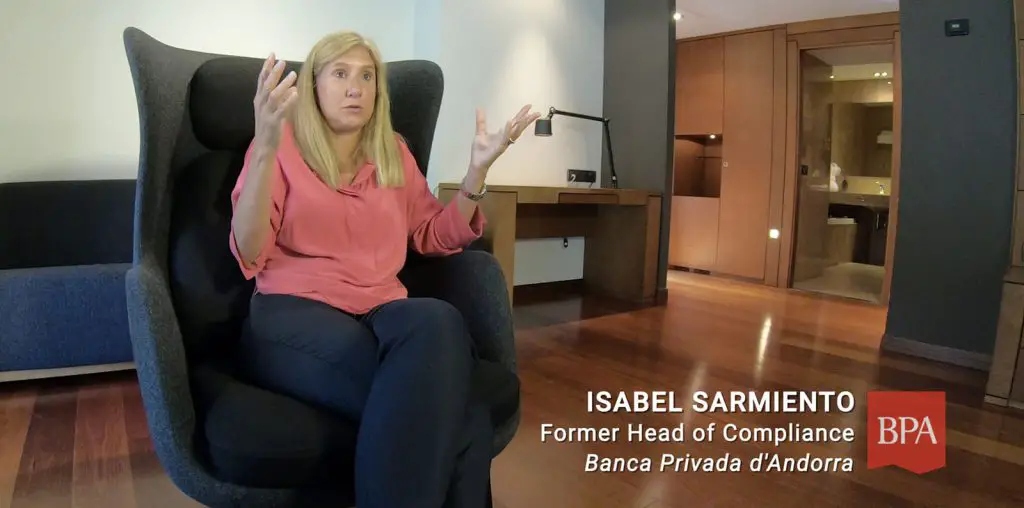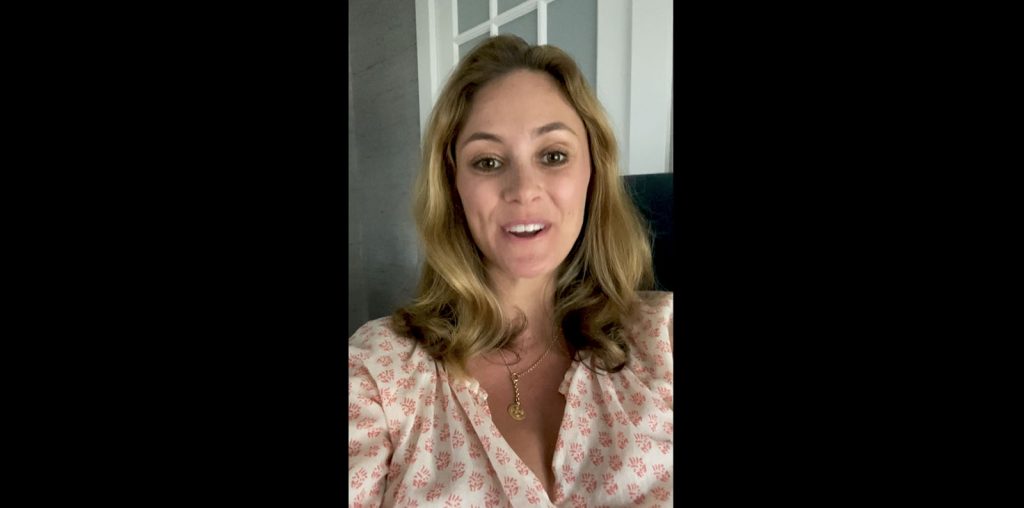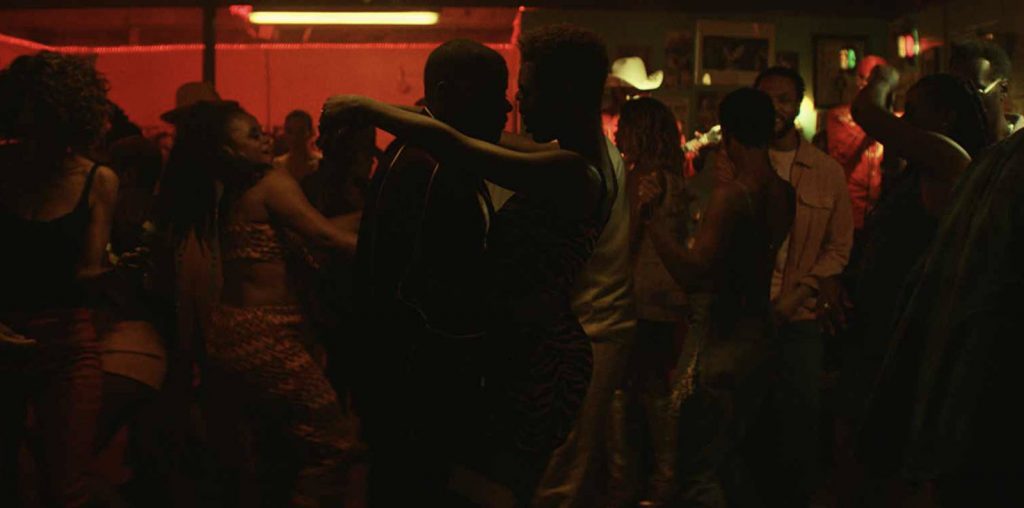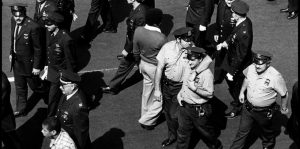
Eventually, Leuci came to not recognize the man he saw in the mirror and realized that in order to save his soul, he must expose this “culture of corruption.” There were those who thought Leuci a brave whistleblower, like the associate attorney general at the time, Rudy Guiliani. Others, however, particularly those directly affected by Leuci’s claims, were (and still are) unwavering in their opinion of Leuci as nothing more than a detestable traitor. So fierce was the hatred for him by some members of the NYPD that he was forced to enter the Witness Protection Program for a time. Leuci was now paying the price for breaking the blue code of silence.
The extraordinary thing about Blue Code of Silence is that it doesn’t make judgments about its subject. There is no question that Leuci is a flawed man. He was just as corrupt as the guys he worked with. But the movie never chastises him for the decisions he made. Rather, Blue Code of Silence provides crucial context into which Leuci entered the force. As interviewee, Alan Dershowitz says in the film, “He coulda been a good cop. Had he operated in a different time or a different place, he would have been a very good police officer. But he came into a culture of corruption; he became part of it.”
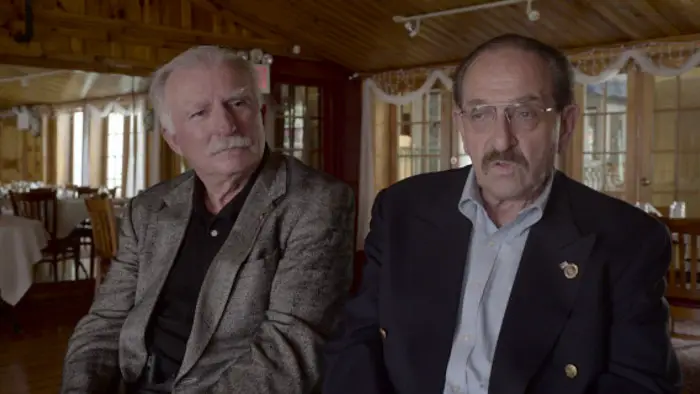
“As is the case with many documentaries, the story is the important thing here.”
As is the case with many documentaries, the story is the important thing here. Blue Code of Silence doesn’t break any new ground in terms of documentary technique; there are the standard interviews, some very good reenactments, and archival footage to complement the narrative. Aside from Leuci himself, interviewed from his home in Rhode Island, the viewer is also given access to Leuci’s private recordings from the 1970s as his operation, and its aftermath was unfolding. Leuci’s words from the time of his ordeal afford the viewer fascinating insight into his thoughts at the moment of crisis.
Perhaps the most serendipitous aspect of the film is its timing. The police corruption exhibited in Blue Code of Silence might hit uncomfortably close to home and provide even more kindling to the current climate of skepticism towards police, their motives, and approaches towards those they are meant to protect. Seen within the current “defund the police” atmosphere raging throughout the country, Blue Code of Silence obtains a captivating look into how little attitudes seem to have changed in the intervening years since Leuci put his life on the line to return honor and respect to the occupation and ideals that he loved.
Blue Code of Silence screened at 2020 DOC NYC.
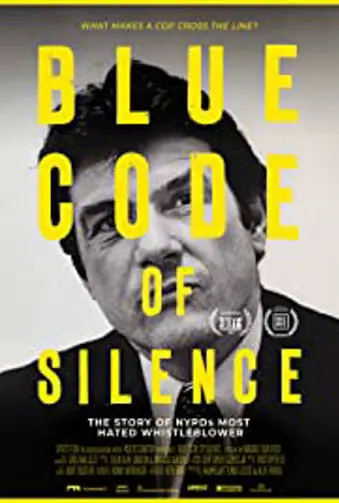
"…might hit uncomfortably close to home and provide even more kindling to the current climate of skepticism towards police..."
